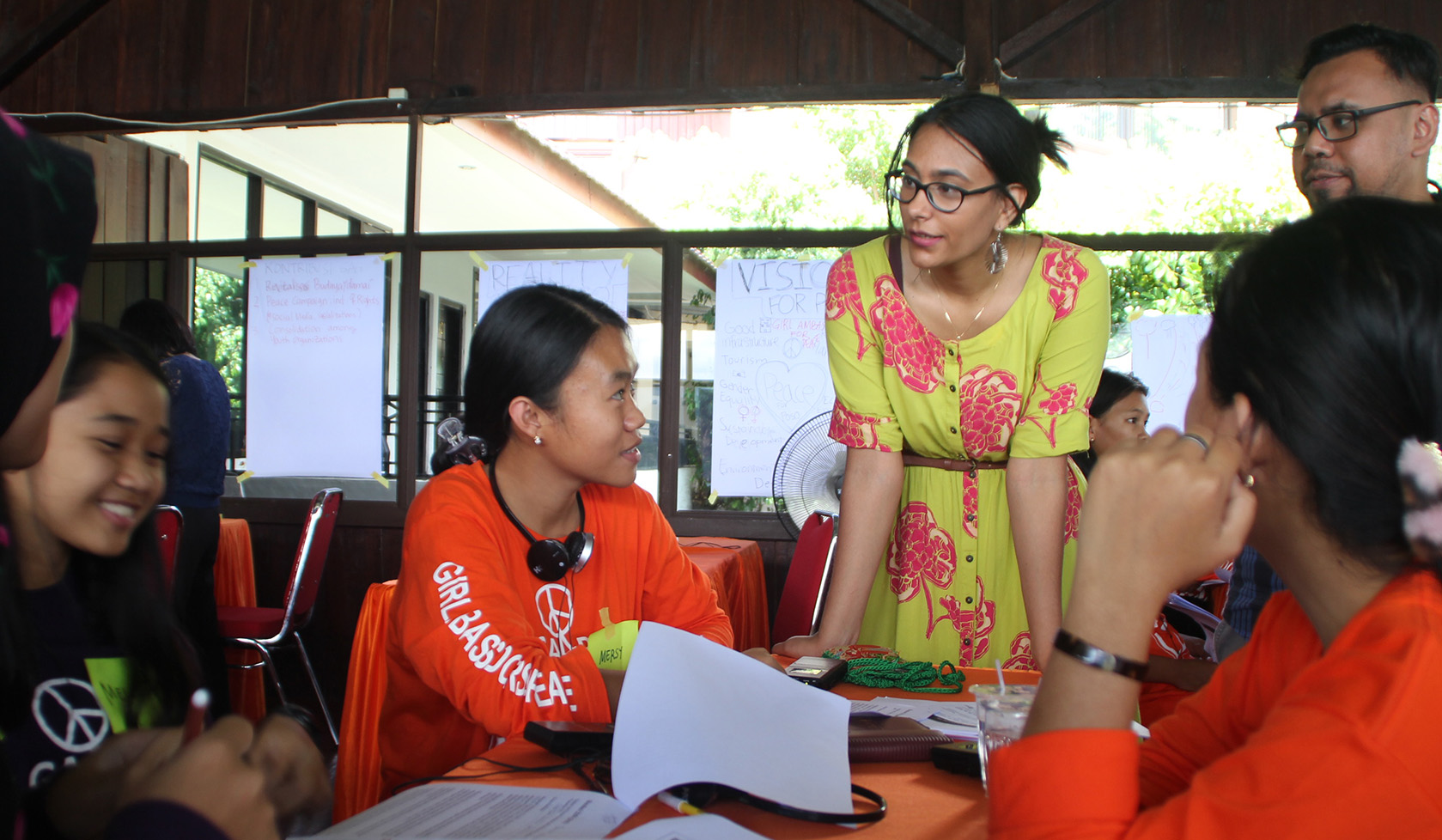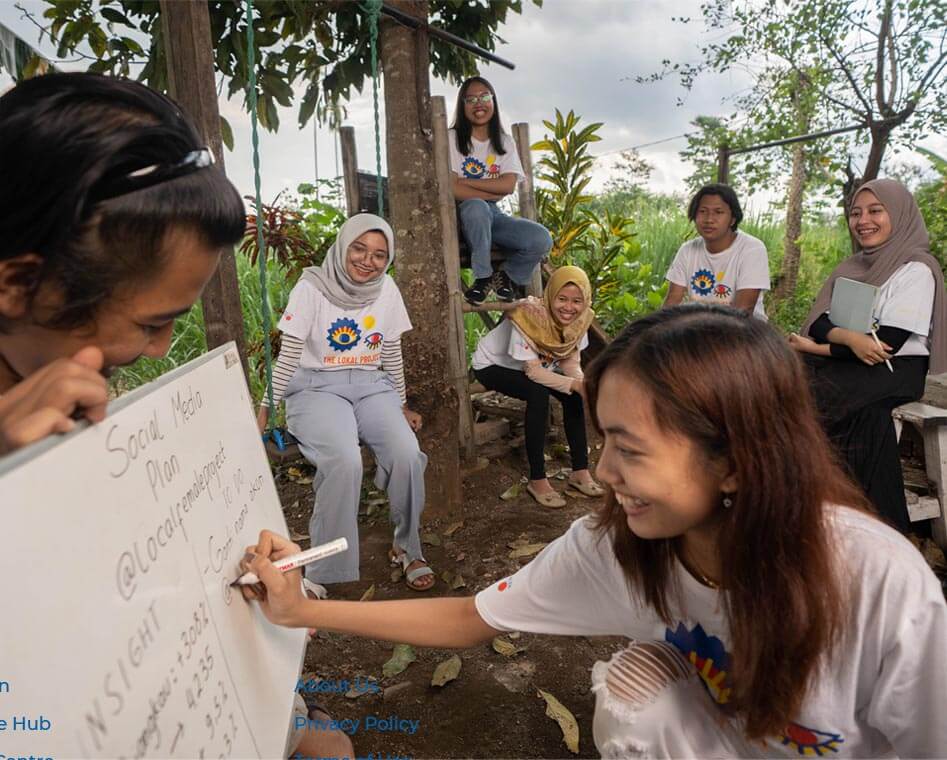Take Five: “It is our responsibility as the generation for future, as the generation for today, to hold people in power accountable.”

Mallika Iyer, 26, an Indian-American, served until July 2022 as Director of Asia and the Pacific and Europe Programs and Humanitarian Action at the Global Network of Women Peacebuilders. The civil society organization, based in New York, provides inputs to the ASEAN Regional Plan of Action on Women, Peace and Security, to which UN Women provides expertise. ASEAN is the Association of Southeast Asian Nations. Iyer is now studying at the Walsh School of Foreign Service at Georgetown University in Washington, D.C.
What are the major security challenges to young women in the ASEAN region that can be addressed through the United Nations women, peace and security and youth, peace and security agendas?
The main challenge is the double marginalization especially faced by young women and girls as they are disproportionately impacted by violence in conflict because of their gender and their age.
Girls and young women grow up hearing that we should be seen and not heard. We’re judged and dismissed by our age and gender as opposed to our ideas. Creating safe, inclusive and enabling spaces that is also gender-sensitive is essential for young women’s meaningful participation in peacebuilding.
There is also violence of exclusion of young people from political decision-making, peace processes, humanitarian spaces but also economic and educational opportunities.
What unique roles can young people play in building and sustaining peace?
Young people have strong understanding on what peace means. For instance, if I asked a young woman what peace means, she’ll say “Peace to me in BARMM (Bangsamoro Autonomous Region in Muslim Mindanao, in the Philippines) means religious expression so I can wear my hijab and not be nervous that someone is going to harass me.” They understand that peace is more than absence of war.
And young people are peacebuilding actors. In the Philippines, there was significant contribution by young peacebuilders to the peaceful transition to the BARMM. They went out on the streets, built networks and held interreligious conversations with their peers about why the peace agreement is important for their community.
Why should young people promote the women and youth agendas?
Because our lives are at stake, the lives of others around us are at stake. Young people in Myanmar, especially young women who led the “Sarong Revolution”, bravely put their lives at risk for human rights. They faced threats and insecurities but haven’t given up. Their vision is not to go back to the time before the military coup. Their vision is to move forward.
If we don’t take action no one else will. So it’s our responsibility as the generation for future, as the generation for today, to hold people in power accountable.
How can ASEAN take meaningful actions on women, peace and security?
Humanitarian disasters in the region have huge peace and security implications on young people, especially women. So they should be represented in humanitarian spaces, not only in peace spaces. Bigger roles should be played by young people in addressing regional crises that disproportionately impacts women.
The development of the Regional Plan of Action on Women, Peace and Security is a great way to signal to the ASEAN Member States that not only the women, peace and security but also the youth, peace and security agenda, are relevant to their national policies. They should take these agendas into consideration to adopt national action plans that are informed by gender perspectives.
How can the ASEAN Regional Plan of Action on Women, Peace and Security support young women peacebuilders?
First thing is the legitimacy and amplification of their work.
The second is support, technical or financial. It opens the door for a lot more funding to reach women peacebuilders who are doing critical work every day.
Also, an important institutional change is creating more spaces that are sustained and regular with women peacebuilders and their networks, including the younger generation who didn’t necessarily have a direct connection with ASEAN.

